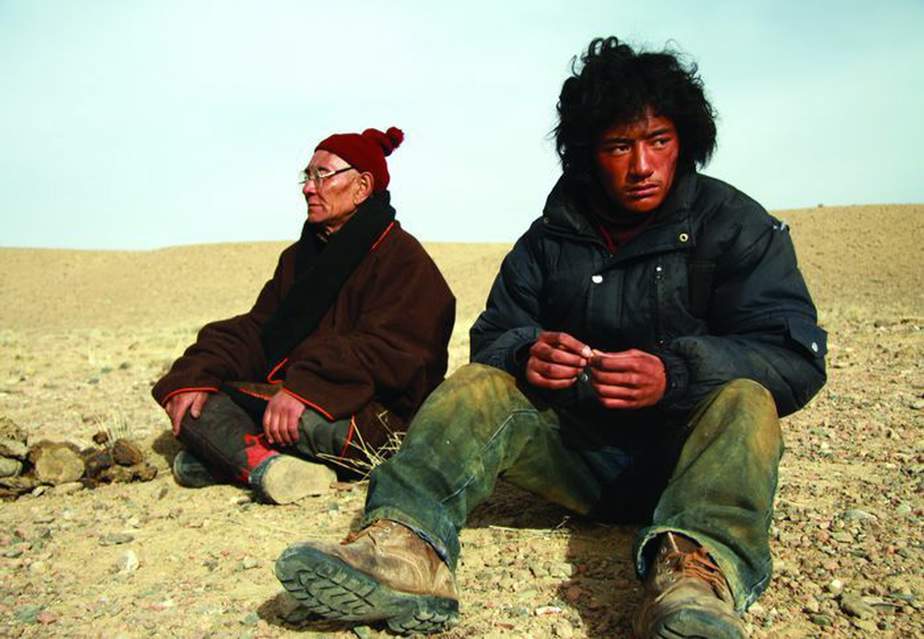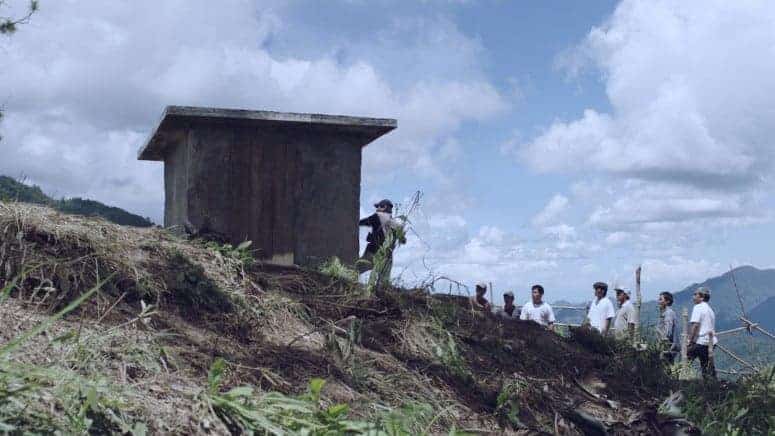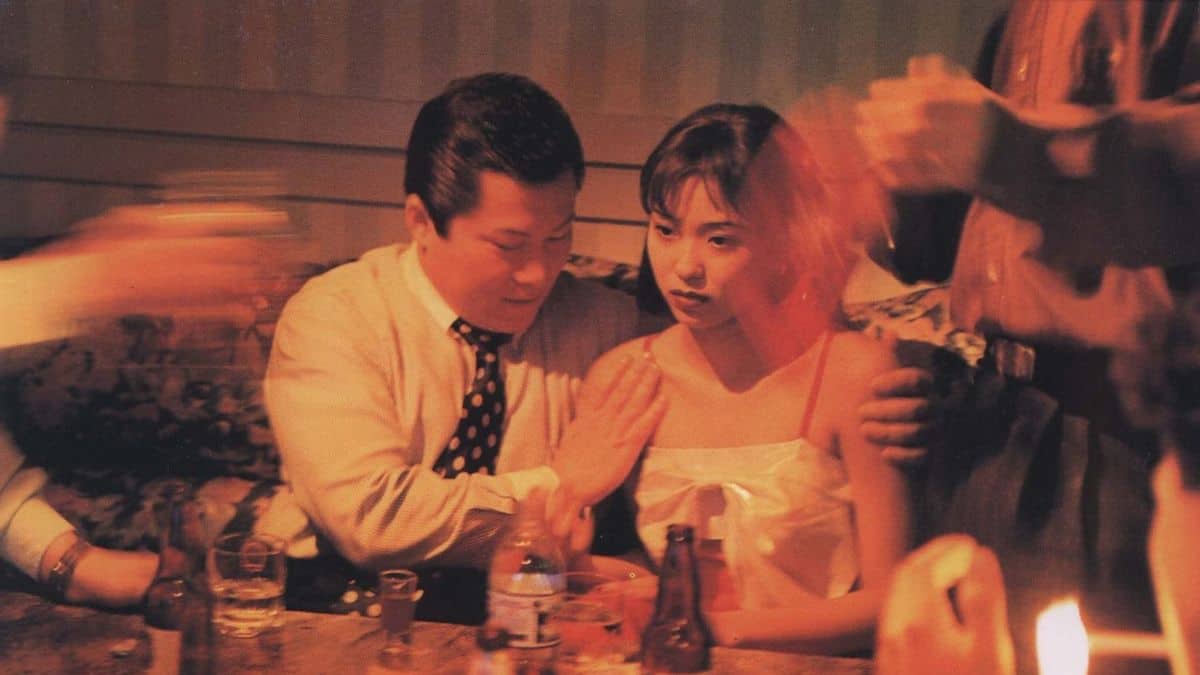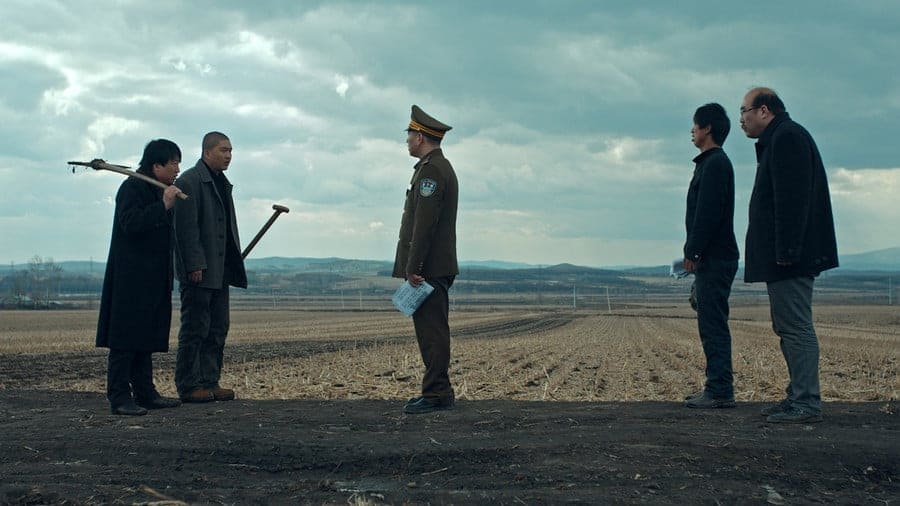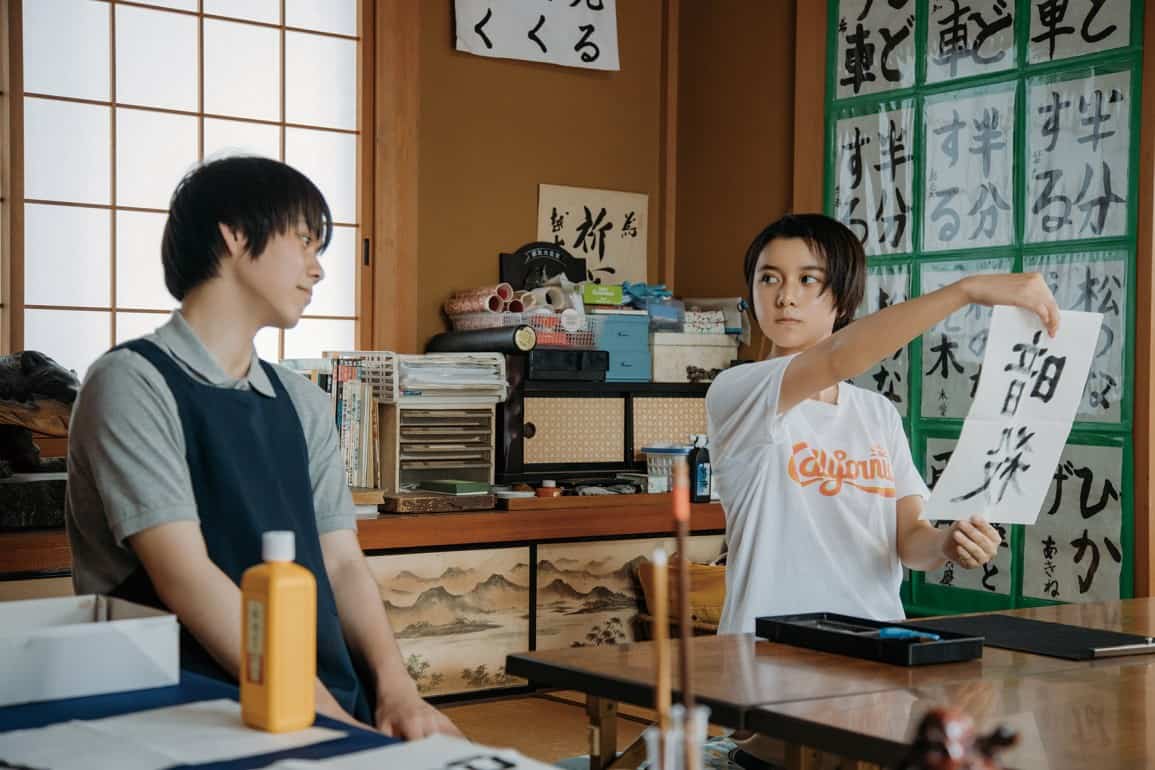Probably Sonthar Gyal's best movie, “The Sun Beaten Path” screened and won awards in festivals all over the world, highlighting one of Tibet's most significant talents in the most eloquent fashion.
“The Sun Beaten Path” is screening at Vesoul International Film Festival of Asian Cinema

The story unfolds in two timelines, one in the present and one in the past. In the first one, we witness Nima, a young man on a pilgrimage trip to Lhasa, being accompanied, against his will, by an old man who quickly realizes how troubled the youth is and decides to help him any way he can. The second axis takes place in the past, and explains the reasons why Nima transformed from a happy young man with a bright future to an almost destroyed individual who has lost himself and is not sure where and why he is going. Soon it is revealed that his “driving force” is the regret deriving from an accident that led him to kill his own mother, despite the fact that everyone seems to have forgiven him, if they ever accused him for the deed.
Gyal analyzes the psychological status of his main character in the most excellent fashion, by using both the flashbacks and the presence of the old man as catalysts. The old man's intentions remain vague, but one can discern that he sees something of himself in the young co-passenger, while the way he forces his way in Nima's life and the various episodes their interaction leads can only be considered as humorous (the tooth part in particular) and an overall relief to an otherwise pretty dramatic and laconic film.

The best part of the narrative however, is definitely the way Gyal presents Nima's situation and the sociophilosophical comments that derive from it. Regret seems to be the main reason behind his actions but its consequences and the concept of life and death are the most important part of the narrative, as we watch a man truly broken, who has lost his self and has embarked in a trip to nowhere in an effort to find hope and, in essence, himself, once more. This last part results in a number of cinematically and contextually impressive sequences, which highlight both Meng Wang's cinematography and Gyal's direction. Regarding the former, Gyal, in contrast to his later movies, did not avoid completely the “tour guide” aspect, as the presentation of the beauties (and the desolateness) of the setting the film takes place in is quite frequent. However, the focus remains on people, and Wang's camera succeeds completely in presenting the psychological status of the protagonist, without even needing for him to express it verbally.
Yeshe Ladbruk as Nima is great in three completely different character styles that have him being happy, broken, and in a phase of transformation, successively. The fact that he manages to communicate his feelings and even thoughts without many words, mostly through his expression and stance, is a testament to his performance. Lo Kyi as the old man is also quite good as the catalyst, while the antithetical chemistry he shares with Ladbruk, with his constantly talking, cheerful nature is one of the best aspects of the narrative. “The Sun Beaten Path” is an excellent movie which would probably be cherished by all fans of art-house cinema.


